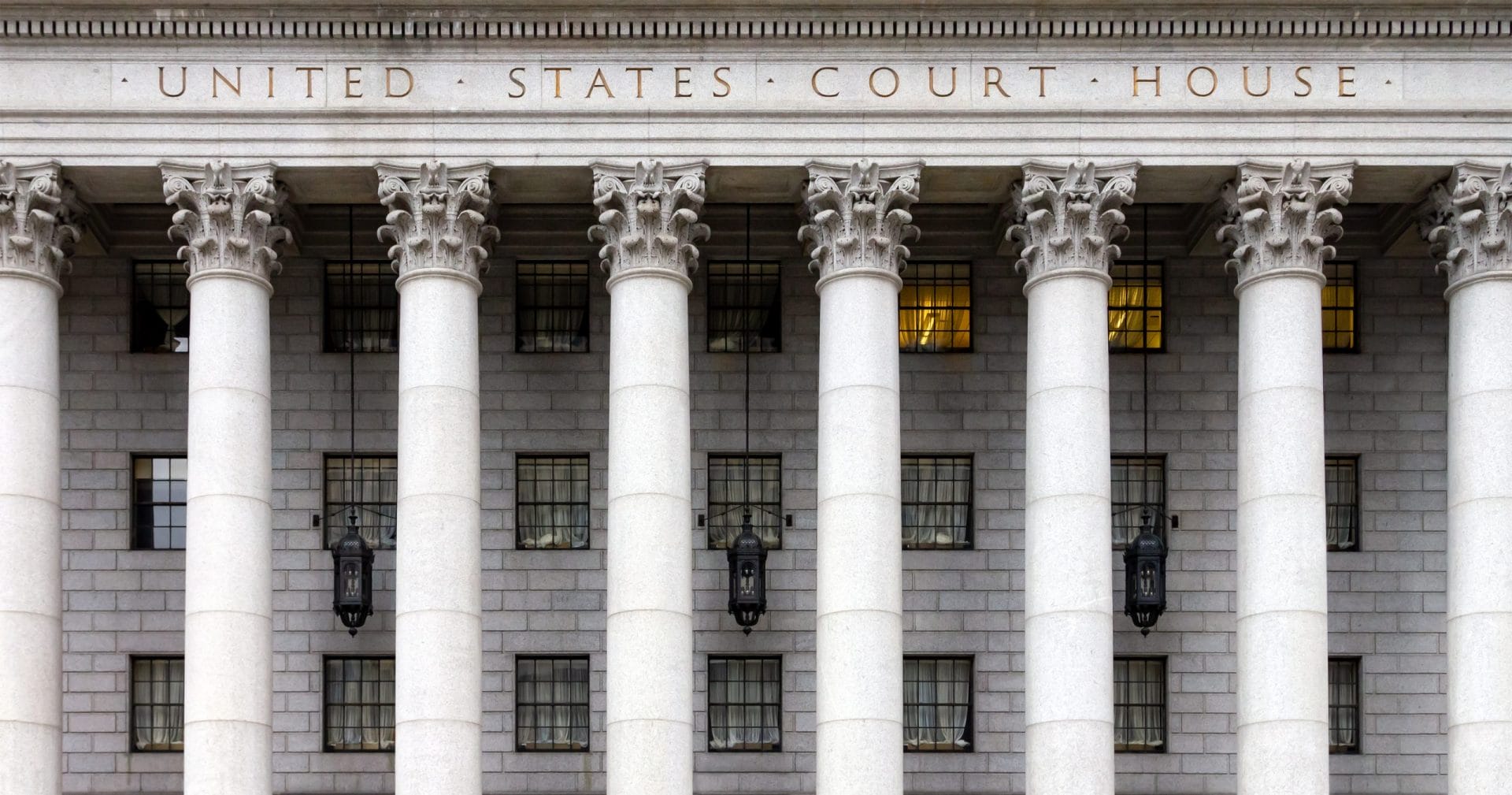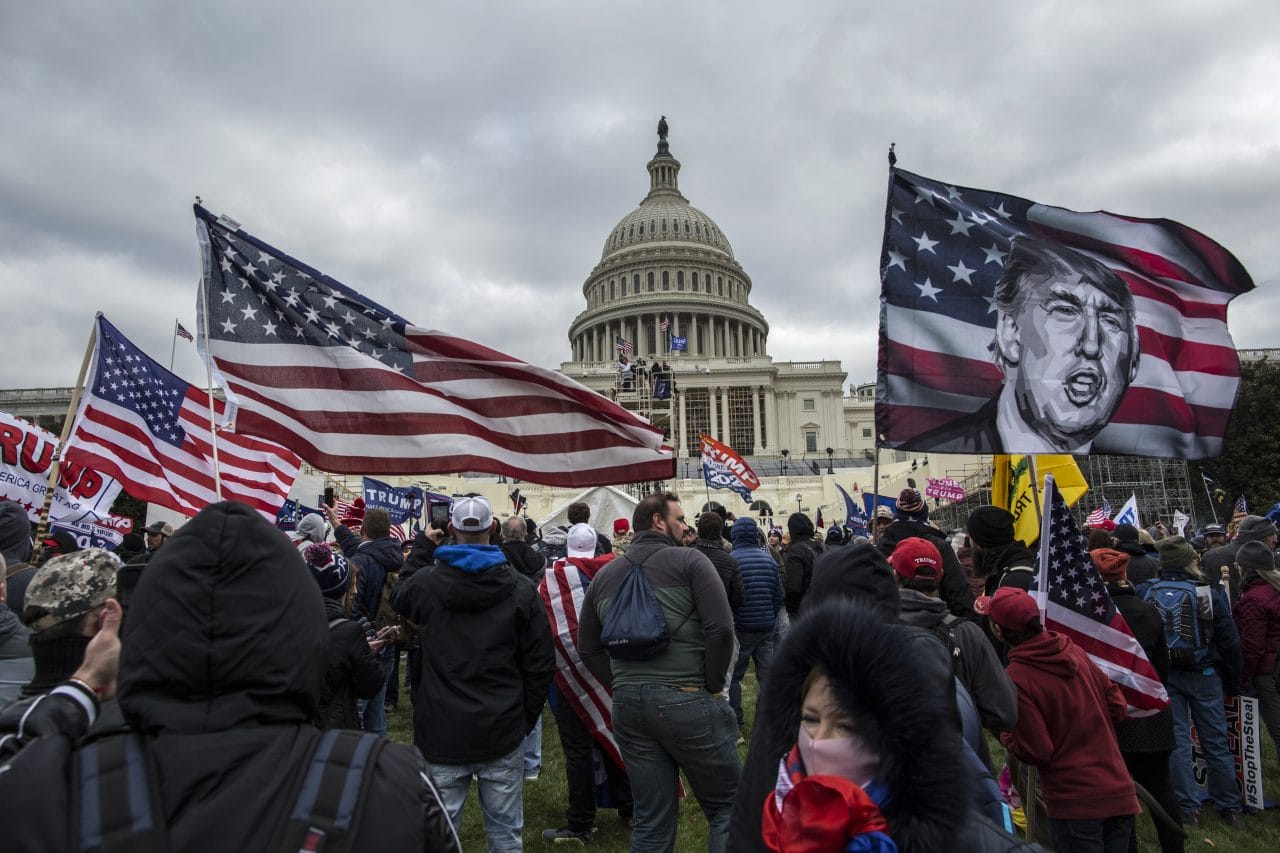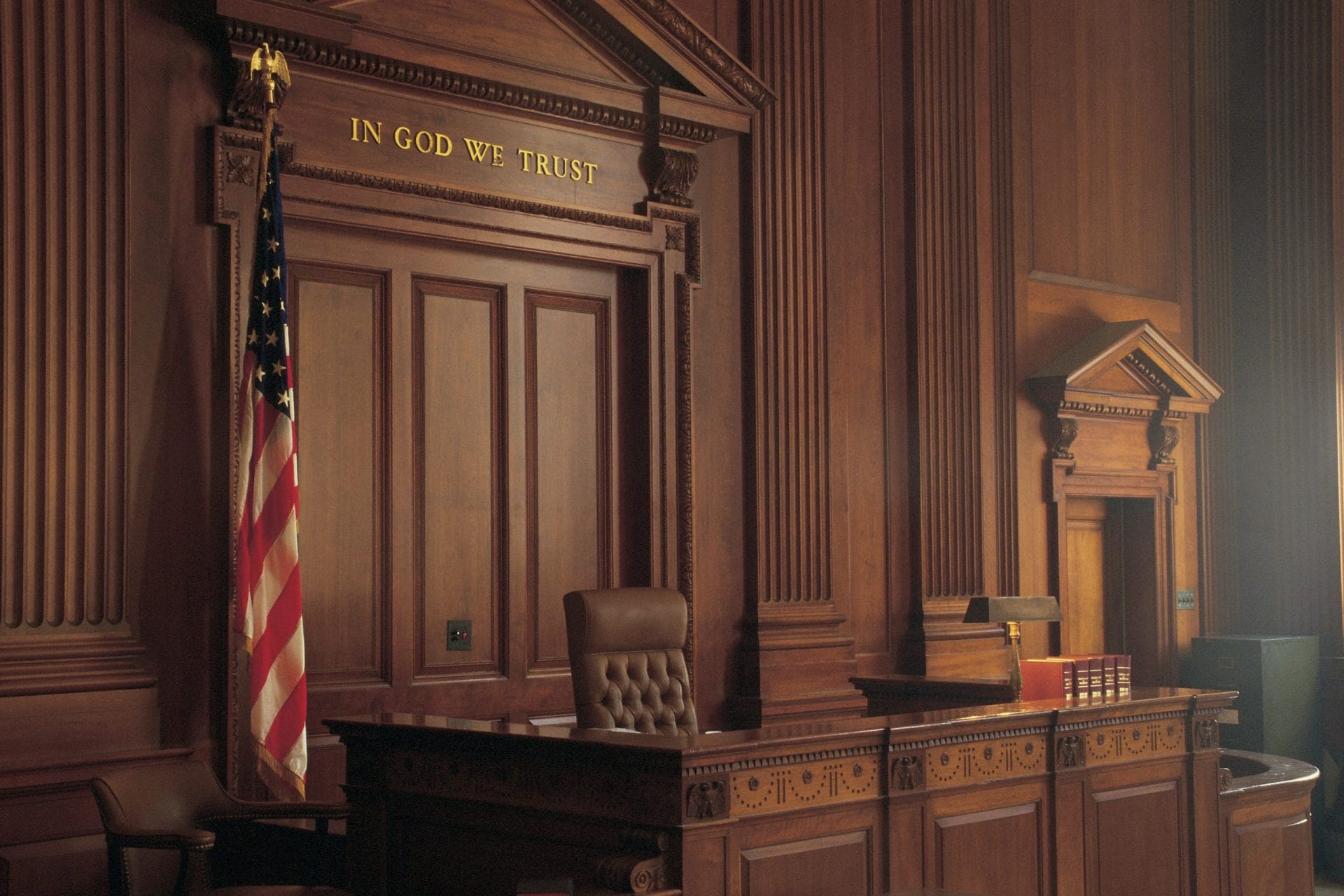
One Judge’s Rogue Approach to Gun Laws Makes Us All Less Safe
A San Diego judge’s recent decision to overturn California’s assault rifle ban is dangerous, misguided, and out of touch.
Yesterday, a three-judge panel issued a stay of the order meaning that fortunately, the law will remain in effect for the time being.
Judge Roger Benitez, hand-picked by the NRA, sought to strike down a law that has been in effect for 32 years with a decision in which he compared assault weapons to Swiss army knives—a trivializing and offensive statement to victims of mass shootings like the Pulse Nightclub massacre, where five years ago on June 12th, 49 people were murdered and 58 were injured in a matter of minutes.
Judge Benitez also claimed in his decision that “more people have died from the Covid-19 vaccine than mass shootings in California”—a statement he made without citation, because it’s blatantly false.
The NRA Is Complicit in the Attack on the Capitol
Jan 14, 2021
Giffords Law Center has been tracking Second Amendment cases and taking on the gun lobby in the courts for 28 years. This decision is a radical outlier from other decisions federal courts have issued. But it’s not cutting-edge legal scholarship using new data released about the relative harmlessness of assault weapons—it’s a decision issued by a judge who has clearly bought hook, line, and sinker the gun lobby’s extremist culture of “all or nothing” when it comes to gun laws.
Judge Benitez wrote in his decision that these weapons are appropriate both for the battlefield and for home defense. Gun owners are not really using these weapons for self-defense—this is a myth peddled by the gun lobby as part of a radicalized, reckless gun culture that paints everyday Americans as needing to arm themselves against threats ranging from home invaders, to immigrants, to a tyrannical government. We saw how that went on January 6th.
Source
Charles DiMaggio et al., “Changes in US Mass Shooting Deaths Associated with the 1994–2004 Federal Assault Weapons Ban: Analysis of Open–source Data,” Journal of Trauma and Acute Care Surgery 86, no. 1 (2019): 11–19.
Judge Benitez previously issued a decision in which he called mass shootings “a very small problem.” While mass shootings represent a small percentage of the nearly 40,000 gun deaths in the United States each year, that doesn’t mean the problem is small. It means the scope and scale of mass shootings, which receive the vast majority of media attention, are dwarfed by the everyday shootings, both suicides and homicides, that are tearing apart families and communities across the United States.
And assault weapons undoubtedly play a role in the gun violence epidemic: when the federal assault weapons ban was in effect from 1994 to 2004, mass shooting fatalities were 70% less likely. After the federal assault weapons and large-capacity ammunition bans lapsed in 2004, there was a 183% increase in high-fatality mass shootings and a 239% increase in deaths from such shootings.
The gun lobby engaged in behavior called “forum shopping” to try to get this case in front of Judge Benitez, whose extremist positions on gun safety are well known. In 2019, Judge Benitez overturned California’s restrictions on large-capacity magazines, which have been used in all ten of the deadliest mass shootings in the last decade. But even if the rulings overturning California’s large-capacity magazine and assault rifle bans are reversed at the Ninth Circuit, the implications of these decisions, and other future decisions like it, could have a tremendous impact on gun laws for decades to come.
During his four years in office, former President Trump and then Senate Majority Leader Mitch McConnell packed the courts—including the Supreme Court—with extremist judges likely to side with the gun lobby. President Trump appointed far more judges to the US Courts of Appeals than any other recent president in their first term. These judges are ultimately responsible for deciding not only if many gun safety laws are constitutional, but also for determining the relevant legal framework for making this decision in the first place.
Nowhere are Trump’s appointees more consequential—and more potentially calamitous for gun safety—than the United States Supreme Court. This fall, the Court is set to hear its first gun safety case since Justice Amy Coney Barrett joined the bench. At issue is New York’s concealed carry permitting law. At stake: gun laws of all kinds across the country.
When the Supreme Court decided the landmark Heller case in 2008, Justice Antonin Scalia wrote that the Second Amendment was “not unlimited,” nor was it “a right to keep and carry any weapon whatsoever in any manner whatsoever and for whatever purpose.” Judges in courts across the nation—and especially justices on the Supreme Court—would do well to remember these words when issuing decisions that will affect the safety and wellbeing of Americans for years to come.
MEDIA REQUESTS
Our experts can speak to the full spectrum of gun violence prevention issues. Have a question? Email us at media@giffords.org.
Contact

